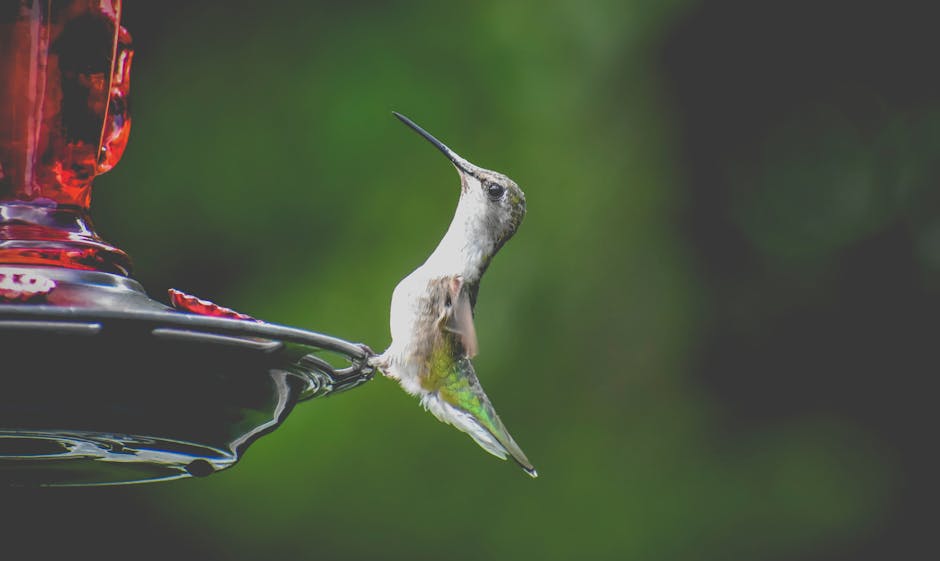As winter casts its chilly spell over Northern California, our feathered friends, the Anna’s Hummingbirds, remain steadfast, fluttering through the crisp air. Just as we crave a cozy cafe with warm beverages during the colder months, these iridescent beauties need their own source of sustenance. In this How-To Guide, we’ll explore the process of making homemade nectar and emphasize the importance of feeding hummingbirds in winter.
Table of Contents
Why Feed Hummingbirds in Winter?
Hummingbirds, especially those residing in regions like California, require a continuous food source to maintain their high energy levels. In the winter months, natural floral resources decrease, making it crucial for us to step in and provide supplementary nourishment.
Essential Supplies
To create a hummingbird-friendly environment, you’ll need:
- Clean hummingbird feeders
- White granulated sugar
- Water
- A pot for boiling water
Step-by-Step Guide to Making Homemade Nectar
Jamie, the lively host of our instructional video, demonstrates just how simple it is to concoct this delightful treat for our winged visitors.
- Boil water: Start by boiling about four cups of water. This ensures that your nectar is free from impurities.
- Add sugar: Mix in one cup of white granulated sugar. The ratio of 4:1 (water to sugar) is crucial to replicate the natural nectar found in flowers.
- Stir and dissolve: Stir the mixture until the sugar is completely dissolved.
- Cool the nectar: Allow the nectar to cool to room temperature before pouring it into your feeder.
- Fill feeders and hang: Fill your clean feeders with the cooled nectar and hang them in a shady spot to prevent fermentation.
Maintaining Your Feeders
To ensure the health and safety of the hummingbirds:
- Clean feeders regularly: It’s vital to clean the feeders every few days, especially if the temperature is warm.
- Check for mold: Mold can be harmful to hummingbirds. Use a mild soap solution and rinse thoroughly to keep feeders spotless.
The Joy of Hummingbird Watching
By maintaining a readily available food source, you’ll be rewarded with the enchanting sight of hummingbirds darting around your garden, bringing life and color to the winter landscape.
Conclusion
Turning your backyard into a winter sanctuary for hummingbirds is not only a benevolent act but also a delightful way to stay connected with nature. As Jamie eloquently illustrates, feeding hummingbirds in winter with homemade nectar is as satisfying as running a welcoming café for our feathered friends.
Invite these vibrant creatures to your garden and enjoy their presence all season long. Your efforts will support their survival and offer you the unique pleasure of observing their beauty up close. With a little care and attention, you can ensure that the hummingbirds in California thrive even when the chill sets in.
